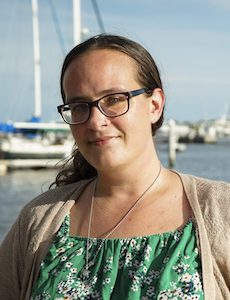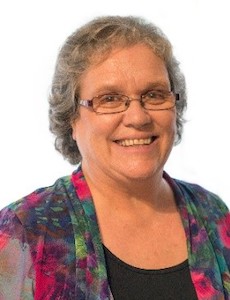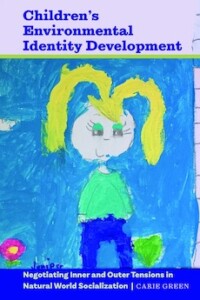JOEE 26 (1)
JOEE April 2023 Issue
The April 2023 issue of JOEE features six papers from international academics and researchers, predominantly from USA, Iran, New Zealand and Australia. Topics include: applied examples to support teachers to facilitate immersive outdoor experiences that promote learning; a review of Iran’s Outdoor Nature schools s; a review of New Zealand’s Adventure Therapy community; benefits of gardening programs and outdoor ed programs for kindergartens; and a Florida Eco-Centre in the midst of a gas-fired powered plant. There is also a review of a book published in 2018 on the development of children’s identity through nature.
All in all, a diverse range of topics from across the globe.
Reminder: To read these full articles you need to log-in to the OEA Digital Library
LOG-IN LINK in the menu on the right (at the top) or near bottom if viewing on mobile device.
Cross disciplinary teaching: A pedagogical model to support teachers in the development and implementation of outdoor learning opportunities
Ian A. Neville, Lauren A. Petrass, Francis Ben (pic)

A lack of teacher knowledge, confidence and expertise in teaching and learning outdoors is one of three likely factors. This paper presents a model – based on peer-reviewed literature – to assist teachers in the development and implementation of outdoor learning opportunities and offers applied examples that address curriculum outcomes.
It focuses on three themes required for students to gain maximum benefit from outdoor learning experiences: the environment; the learner; and the educator. They model and applied examples can support teachers to plan and facilitate immersive outdoor experiences that promote learning.
A narrative photographic approach: opening day ceremonies for Iran’s Nature Schools
Edgar A. Burns, Bahar Manouchehri (pic), Sina Davoudi

Through local features of schools, a pattern of national intention and official endorsement can be seen, but also an awareness of invisible rules permitting outdoor learning experiences. The authors assert that these images tell their own story alongside formal narratives embodied in official Opening Day ceremonies and statements. They find that these schools were meeting a strongly-felt need for the outdoors in highly urbanised contemporary Iran.
On your mark, get set, explore! Promoting outdoor exploration for early learners across settings
Frances A. Hamilton (pic), Kimberly A. Hile

In this article the authors explore the ideas of informal and formal excursions in any outdoor environment, including practical guidelines and suggestions for making these interactions purposeful and meaningful. In addition, tips include ideas that can be shared with families for backyard learning, providing children with additional knowledge and exposure to outdoor exploration.
Experiencing nature at Weedon Island Nature Preserve: discourses of duality, willful blindness and ecological nobility
Rebecca A. Johns, Julie Beach (pic)

The authors also argue that for visitors and curators this is “willful blindness” (a deliberate act of ignoring the presence of a dissonant element in the environmental narrative of environmental purity.) The study reviews the exhibits and concludes that educational opportunities to address the source of climate change (i.e fossil fuel use) are lost, as are possibilities for bringing local Native people out of the dustbin of the past and into the living present.
Exploration of adventure therapy community and practice in Aotearoa New Zealand
Helen Jeffery, Ciara Hensey (pic)

The researches conclude that practitioners should use adventure therapy strategies within their discipline boundaries and practice with a trauma informed lens. They also found the field would benefit from more education and training, strengthening of the Community of Practice model, and Māori research to draw from unique cultural contexts of Aotearoa New Zealand.
Growing capable kids: Exploring the nexus between the Australian Curriculum’s general capabilities, global competencies, and one school garden program
Beverly J. Christian (pic), Karyn A. Cameron, Robyn Pearce

A qualitative case study of one Australian primary school with an established environmentally friendly garden program revealed how gardening as part of the school program provided opportunities for the development of core competencies, in particular the general capabilities of the Australian Curriculum.
Children’s Environmental Identity Development: negotiating inner and outer tensions in natural world socialization, authored by Carie Green — REVIEW
Ian A. Neville, College of Sport and Exercise Science, Victoria University, Footscray Park, Melbourne, VIC, Australia.
Lauren A. Petrass, Institute of Education, Arts and Community, Federation University

Intended for environmental education researchers and practitioners, this book proposes a psychosocial theory of children’s environmental identity development, with trust vs. mistrust in nature providing the foundation in which all other identity attributes are informed.
Carie Green earned her Ph.D. in education (2011) from the University of Wyoming. She is Associate Professor of People, Place, and Pedagogy in the School of Education at the University of Alaska Fairbanks. She studies the sociocultural influences of children’s environmental identity development in diverse contexts.


